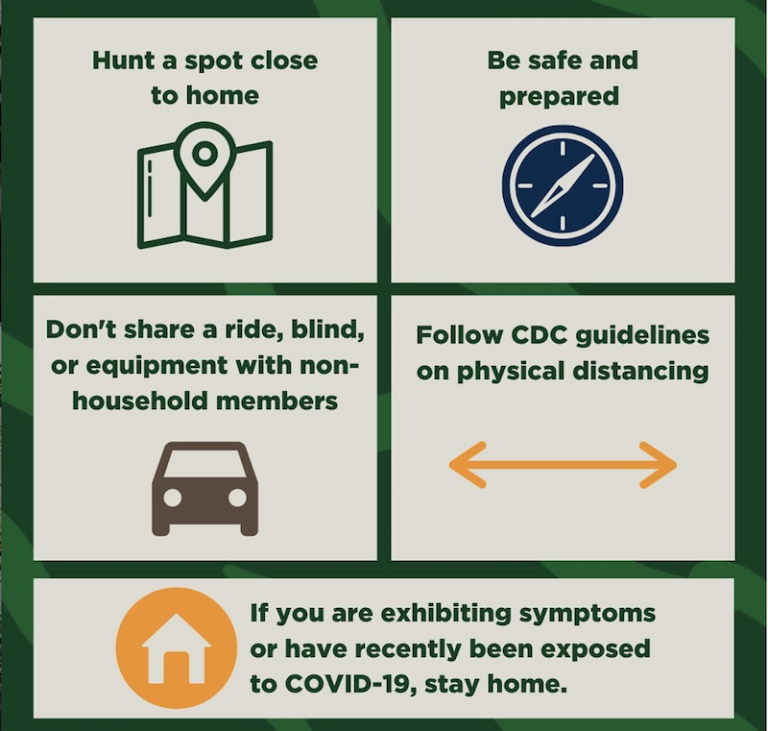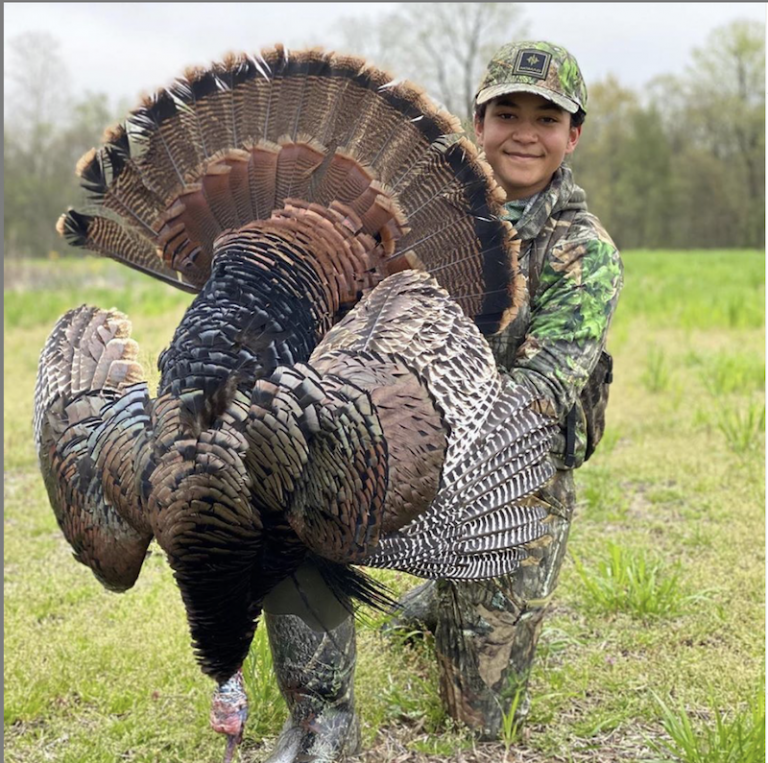The Industry’s Reaction
An array of local, state and federal changes required or encouraged social distancing, and sent Americans outside during quarantine. Many outdoors-folks took advantage of online license courses, waived park-entrance fees, and more free time to pursue turkeys, bears and wild hogs.
Several wildlife agencies changed how residents could earn a hunter-education certificate. For example, the New York Department of Environmental Conservation waived the in-person hunter education field day as a requirement. That allowed students to receive their certificate and immediately buy a hunting license after passing the online course.
The Kentucky Department of Fish and Wildlife Resources got more creative. It canceled in-person hunter-education classes and range days, and helped folks earn their certification at home. Students could take a free online course and submit a video of themselves completing the program’s range portion with a mentor. A KDFWR staff member watched the video to determine if the student passed.
Some agencies also changed regulations and season dates to protect residents. Ohio, Kansas, Alaska, Oregon and other states suspended nonresident license sales to prevent or reduce out-of-state visits, crowded check stations and public lands; and give residents exclusive access. Maine residents also received two extra days to hunt turkeys when the Department of Inland Fisheries & Wildlife opened the season early. MeatEater Inc., an outdoor lifestyle company, created a webpage dedicated to state hunting and fishing regulation changes to help hunters, anglers and public-land recreationists stay safe and legal while capitalizing on unique opportunities.
On federal lands, Interior Secretary David Bernhardt waived the National Park Service’s entrance fees to encourage Americans to get outside and while staying socially distanced. The Bureau of Land Management also suspended entrance fees at its properties. The U.S. Fish and Wildlife Service and other states and municipalities made similar moves by temporarily suspending entrance fees at sites they oversee.
These changes removed many participation barriers for newcomers who try archery and bowhunting. Many states also boosted their marketing campaigns, email communications, and social-media presence to connect with newcomers and inform them about hunting rules.
In addition, many nonprofit and nongovernmental organizations like the Quality Deer Management Association, National Wild Turkey Federation, and Council to Advance Hunting and the Shooting Sport expanded efforts to provide R3 information, webinars, and resources.



